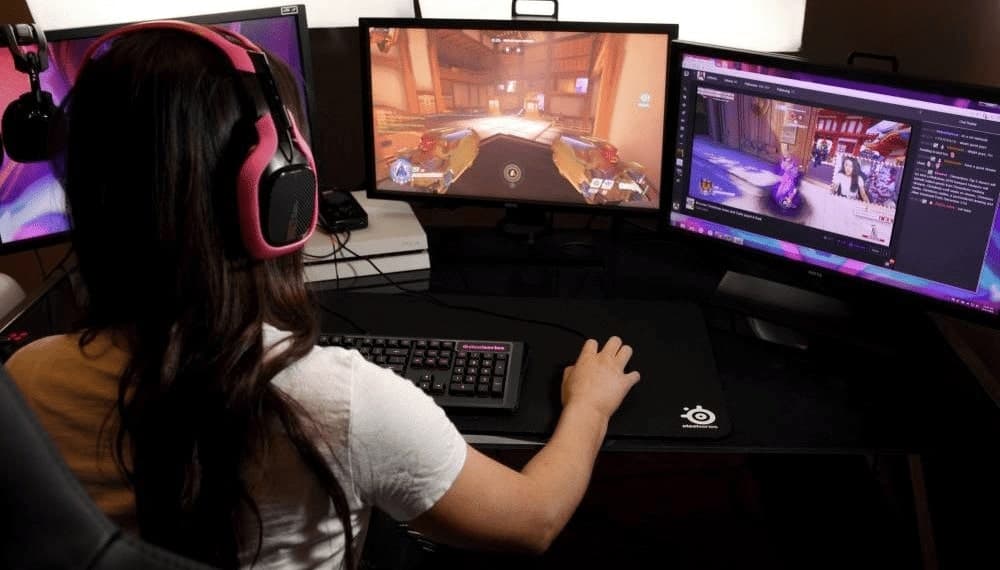Exploring the scope of augmented reality for well-being and mental health
Anxiety, stress and depression are increasingly present in everyday life, and are a cause of concern for medical practitioners. According to an OpinionWay survey for the Ramsay Générale de Santé Foundation, in 2017 nine out of ten French people said they felt stress on a daily basis. And this figure is not falling; on the contrary, the problems are even spreading to the youngest members of society: teenagers, students and young workers. With this wave of negativity, researchers are trying to find solutions. Augmented reality, or more precisely extended reality, is a serious idea, and we're going to tell you all about it!
Extended reality, three technologies in one
Extended reality, also known as XR, is a technology that combines virtual reality (VR), augmented reality (AR) and mixed reality (MR). By combining these three technologies, extended reality offers users a wide range of possibilities in terms of immersive experiences. It is used in video games, medicine, education, decoration, tourism and health. And yes, health is one of them! Numerous studies have recently revealed that extended reality is a factor in well-being and can be a fully-fledged therapy for people suffering from anxiety disorders. This is hardly surprising, since we already know that augmented reality gives users positive emotions and sensations during their immersive experience.
Contact
Extended reality as a factor in well-being
Treating depression with extended reality
In a recent study by Oxford University, the use of extended reality to view environments perceived as positive by humans, such as the beach or mountains, showed a significant reduction in depressive symptoms after the immersive experience. This enables therapists to create a safe and supportive environment in which patients can express their thoughts and feelings without fear of judgement.

What's more, extended reality treatments can be used remotely and, above all, without moderation, unlike the powerful drugs often prescribed to patients. Although still in the early stages of development, encouraging results are already being achieved in treating this mental illness affecting more than 280 million people worldwide. As more and more research is carried out, extended reality could become a viable option for treating depression in the future.
Improve concentration
Autism or attention deficit hyperactivity disorder, what if extended reality could improve the concentration of people with these disorders? This is what researchers set out to prove in a recent study in the United States. The study found that extended reality had a real impact on the cognitive function and concentration of people with the disorder. These promising results open up encouraging prospects for the future.
Combating isolation
Since the coronavirus health crisis, social isolation and loneliness have never been so high, with harmful consequences for mental health. So we need to do something about it quickly, and researchers have agreed that extended reality is the ideal treatment.

Social networks such asInstagram or Twitch allow isolated people to meet and chat with other users. Often it's by connecting to a augmented reality game players are able to communicate with each other.
Extended reality technologies also provide access to therapists or mental health professionals. As the use of extended reality technologies grows, so will the opportunities to alleviate the effects of social isolation and loneliness.